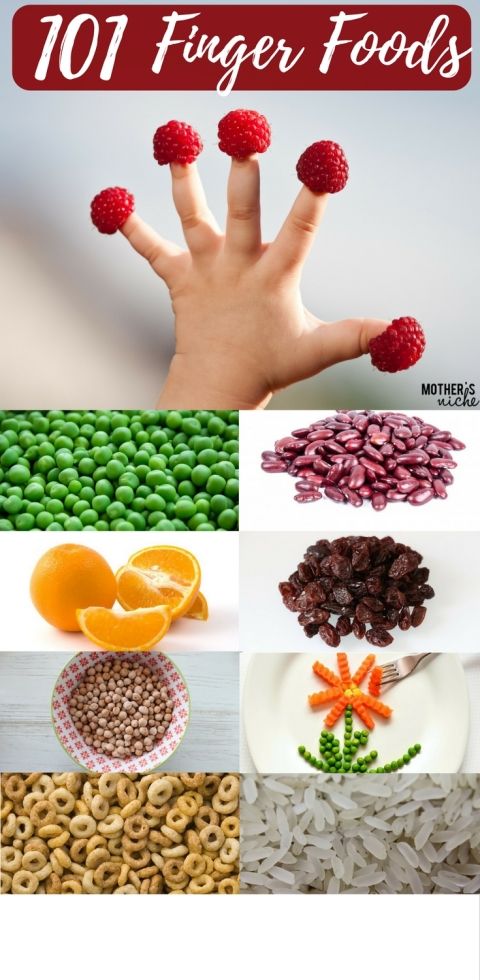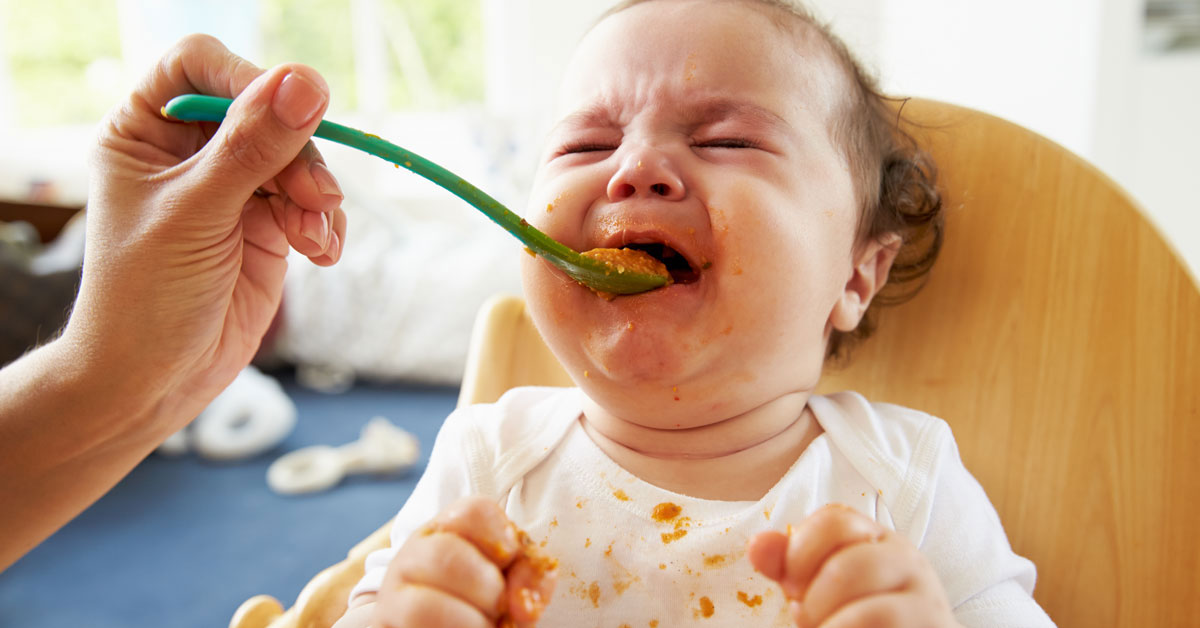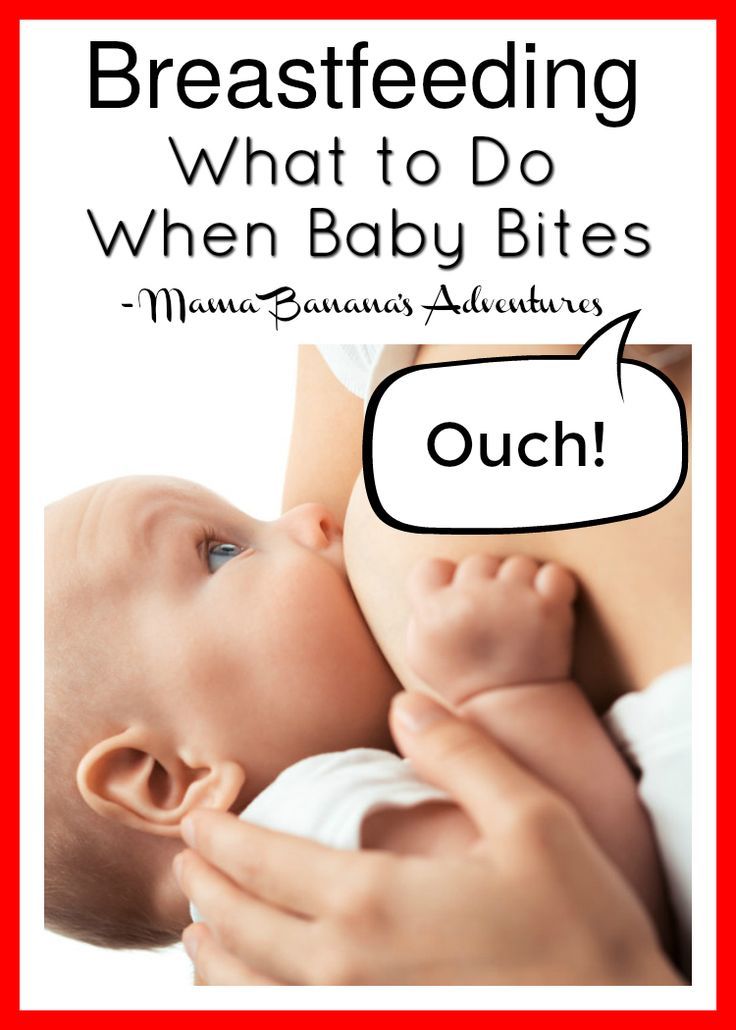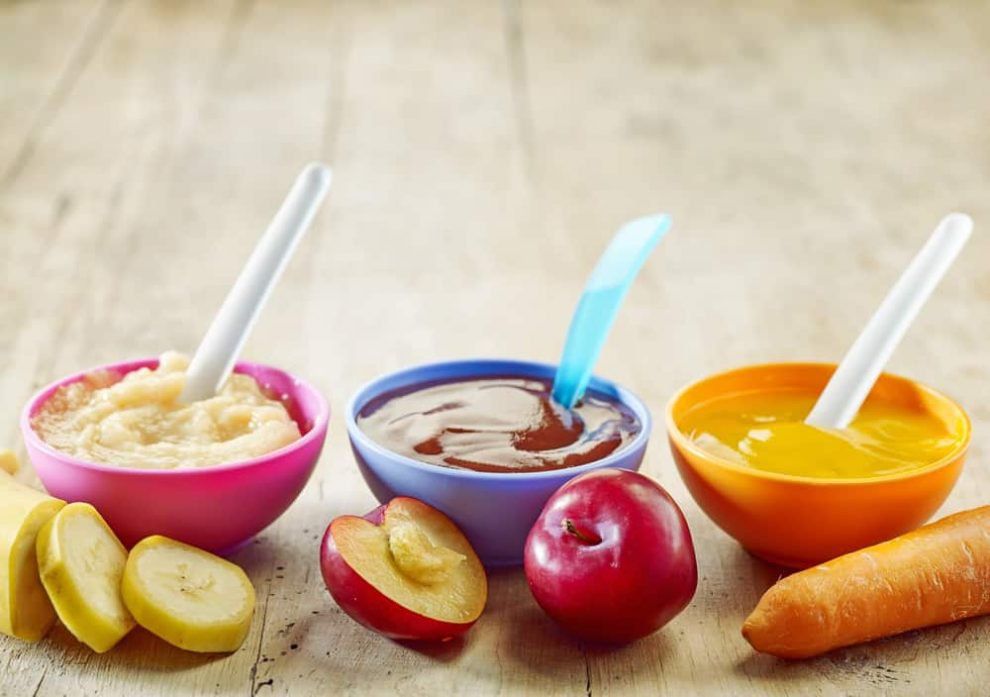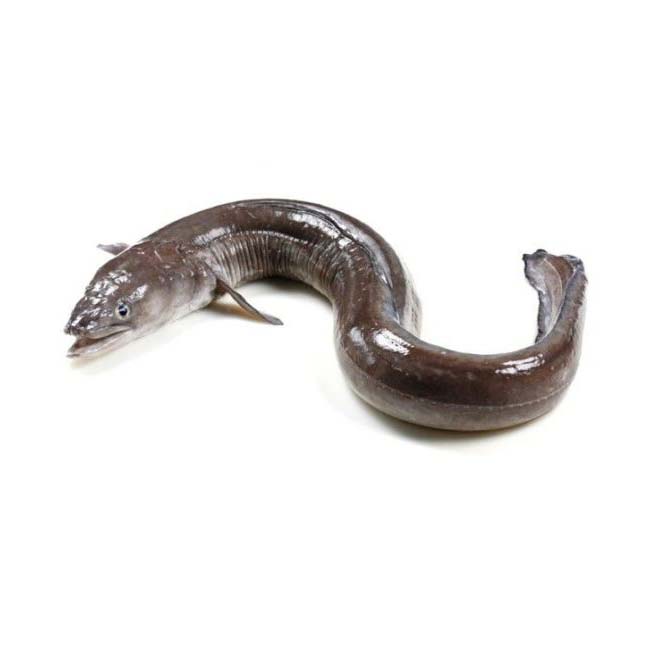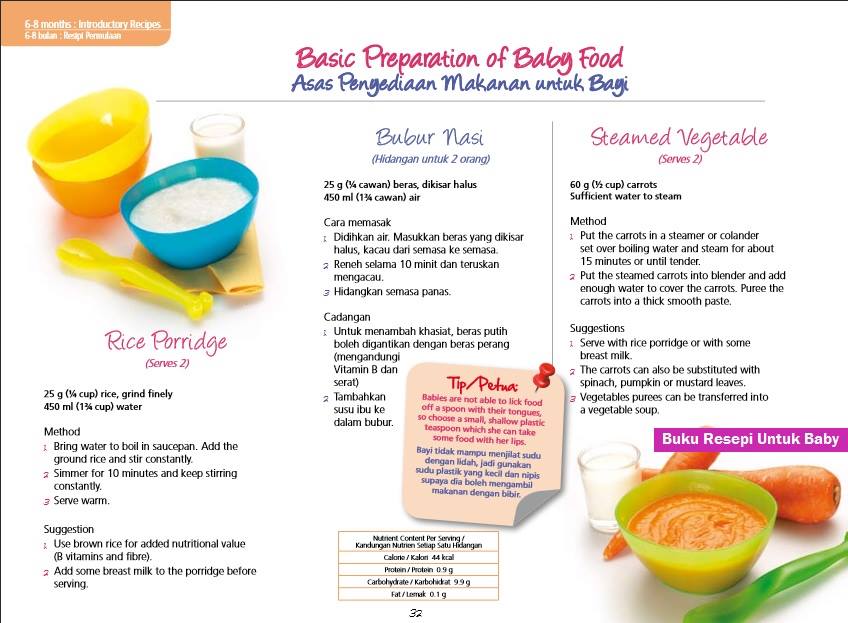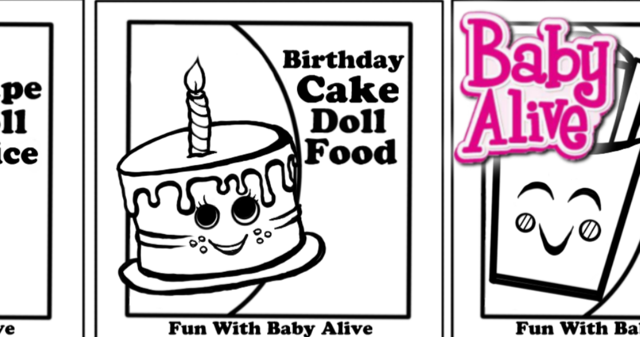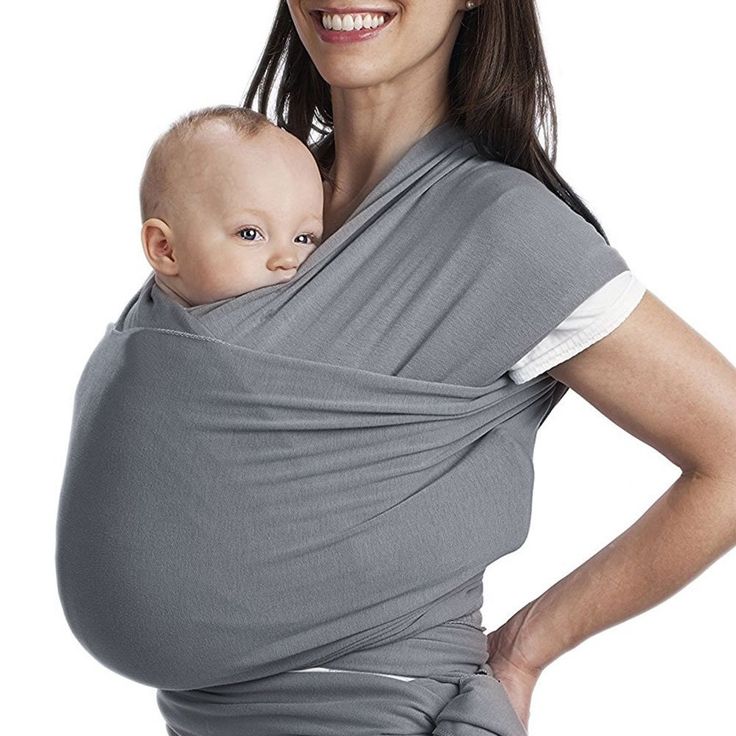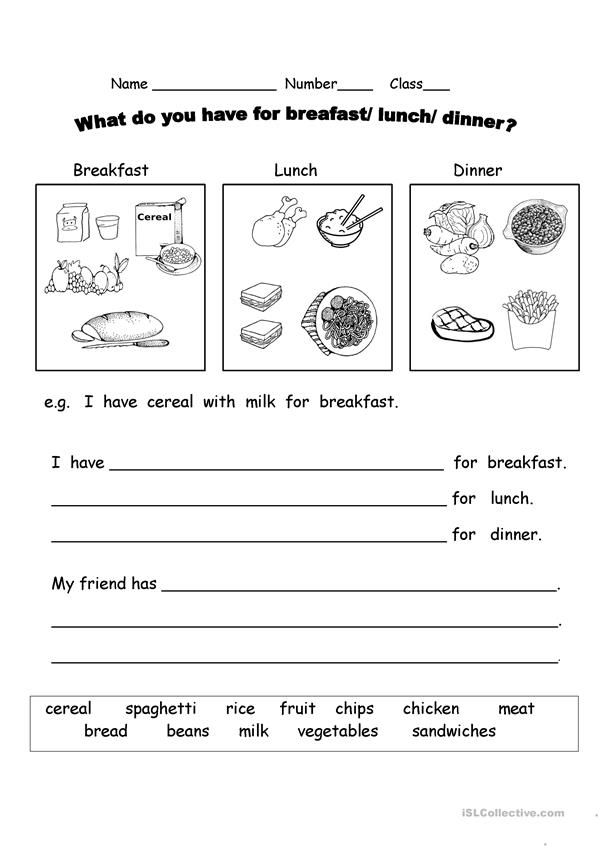Foods that upset a breastfed baby
8 Foods to Avoid When Breastfeeding Your Baby
We’ll say it over and over again: breastfeeding is one of the best things that you can do for baby. Breastmilk contains essential nutrients that help to nourish a growing baby and provides unbeatable immunity support. The benefits of breastmilk are far and wide, plus it’s free and provides a wonderful bonding experience. Yet all good things come with some problems every now and then. While breastmilk is the best thing for your baby, it can make your baby fussy. When this happens, it’s understandable to get confused and even a little bit worried—but don’t worry. Often times the reason that your breastfed baby is getting fussy is because of something you’ve eaten that puts strain on your baby’s digestive tract. In this article, we’ll explore eight foods to avoid while breastfeeding as they could be making your breastfed baby fussy.
Common Foods that Make Breastfeeding Babies Fussy
Gas is completely normal for both babies and adults. It’s a byproduct of your gastrointestinal system and isn’t cause for concern. However, as we all know, sometimes gas can be uncomfortable. When it happens to adults, we can take an over the counter medication to help ease discomfort but when it happens to babies, it’s a little different.
Babies can’t directly tell you what’s wrong. The way they communicate is through crying or getting fussy. If you notice a trend where your baby gets fussy after breastfeeding, it’s likely because something you’re eating is upsetting their stomach. Here are some common foods that make breastfeeding babies fussy:
1. DairyDairy is the most likely culprit behind fussiness. Cow’s milk is much harder for underdeveloped bodies to digest and can cause excess gas or discomfort in babies. When you drink milk caseins, the proteins found in dairy, pass through your blood and into your breast milk production. Newborns and young babies cannot digest caseins, so they become fussy and gassy.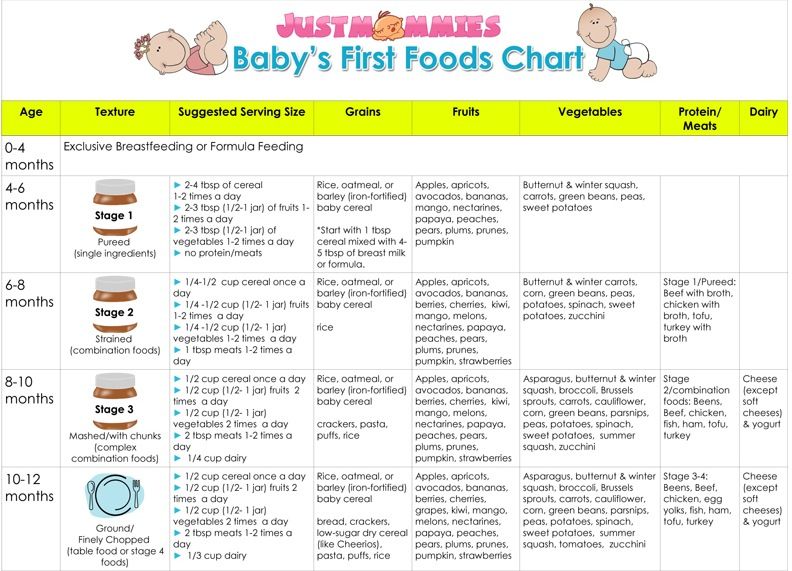 If your baby is a little older and they’re still getting fussy from dairy, it could be because of an allergy. Try eliminating all forms of processed dairy and see if it makes a difference.
If your baby is a little older and they’re still getting fussy from dairy, it could be because of an allergy. Try eliminating all forms of processed dairy and see if it makes a difference.
Soy is another common allergen that babies react to. Many breastfeeding moms equate fussiness with their soy intake, so if you’re dairy-free and using soy alternatives, you’ll need to consider a different alternative.
3. Wheat and CornIn addition to dairy and soy, wheat and corn have been known to cause food allergy responses and have subsequently been found as the source of a breastfed baby’s fussiness. If you think that you might be sensitive to wheat or corn, of if you have a family history of allergies in any of these areas, you should consider eliminating them from your diet. This is more difficult than eliminating dairy products, as wheat, corn, and even soy are found in many different processed foods. Make sure that you read the labels and talk to your doctor about alternatives that are safe for breastfeeding.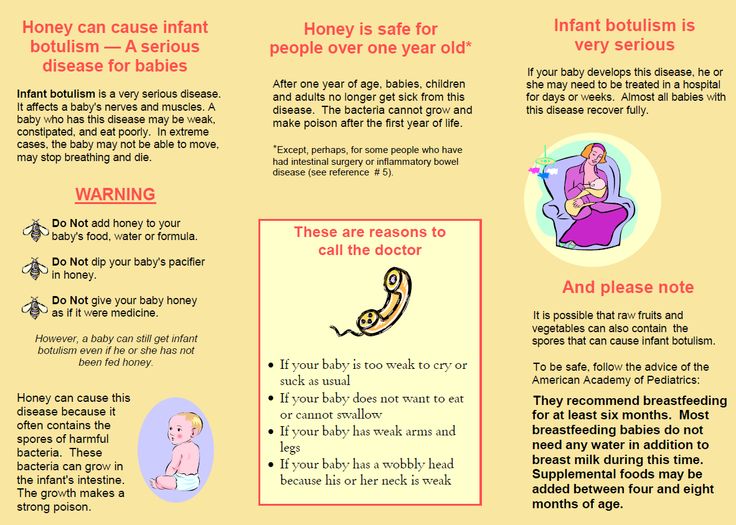
Caffeine gives you a much-needed energy boost during motherhood, but it can actually contribute to problems. A lot of babies are sensitive to caffeine, which causes fussiness. Your caffeine is transmitted through breastmilk, so try to limit your caffeine intake to one cup of coffee or tea in the morning.
5. Spicy FoodsIf you love spicy foods, you’ll probably need to dial it back while you’re breastfeeding. The spices can upset your baby’s stomach and tends to change the way your breastmilk smells and tastes, which could lead to a refusal to eat altogether. The main spicy foods to avoid whilte breastfeeding are garlic, curry, chili pepper, and cinnamon as these are known to cause higher levels of indigestion.2
6. High-fiber FoodsWhile eating a breastfeeding diet that’s high in fiber is good for mom, it can cause fussiness in your baby. The high fiber content in a baby’s diet can contribute to uncomfortable gas and indigestion, so you’ll want to dial it back a little bit.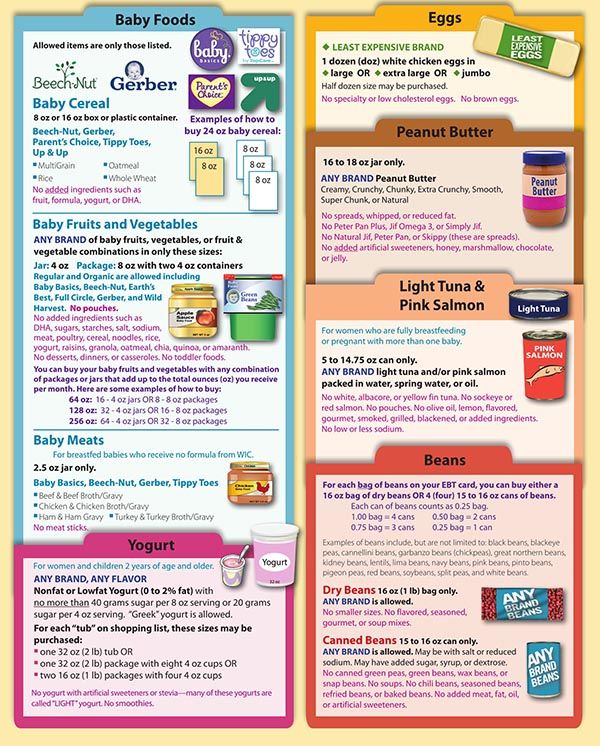 You can still eat a diet that gives you fiber but try to avoid certain vegetables while you’re breastfeeding such as broccoli, cauliflower, brussels sprouts, and cabbage.
You can still eat a diet that gives you fiber but try to avoid certain vegetables while you’re breastfeeding such as broccoli, cauliflower, brussels sprouts, and cabbage.
Some women notice that their breastfed baby gets fussy when they eat chocolate. This is completely normal. A lot of times, it’s more-so due to the amount of chocolate that’s eaten, not the chocolate itself.2 If you like to indulge, try limiting yourself to one square of chocolate at a time to help ease your baby’s fussiness.
8. Citrus FruitsCitrus fruits can cahuse discomfort in newborn and infant digestive tracks, so it’s best to limit them in your diet until your baby’s older. The acidity of the fruits cause irritation to their digestive tract, which in turn leads to fussiness. Other fruits that may cause fussiness include pineapples, strawberries, kiwis, cherries, and prunes.
While these are the eight most common foods that tend to make breastfeeding babies fussy, there are still other foods that can cause discomfort.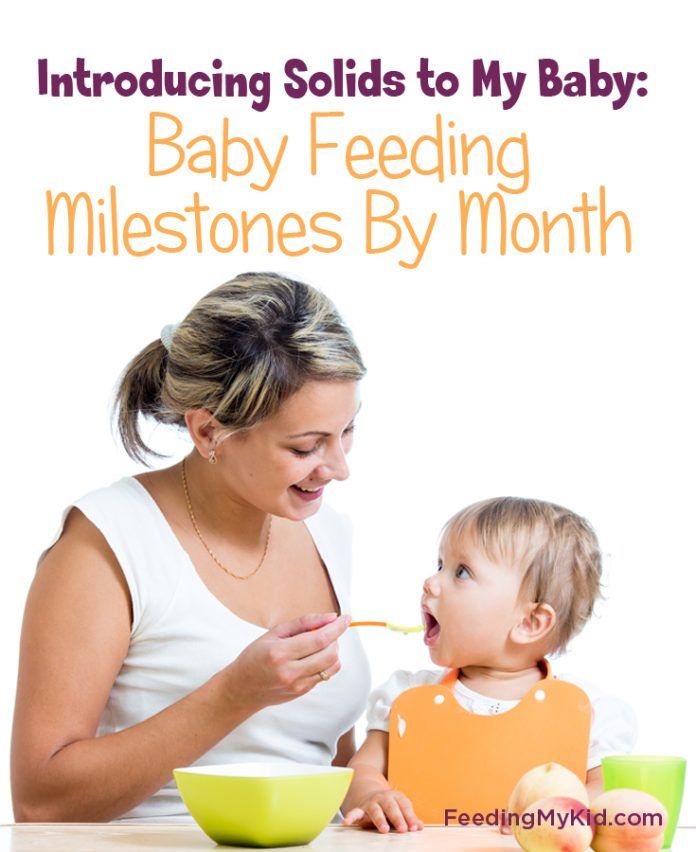 To minimize this, don’t overdo it on any one food group. Try to spread out your nutrition and eat a balanced diet filled with a wide variety of fruits, vegetables, whole grains, healthy fats, and lean protein. When you saturate your diet with one food, it can cause digestion difficulty for your baby. They’re digestive tracts are still developing and the best way to help avoid fuss is to keep a balanced diet. For more information on the best foods to eat while breastfeeding, check out this article.
To minimize this, don’t overdo it on any one food group. Try to spread out your nutrition and eat a balanced diet filled with a wide variety of fruits, vegetables, whole grains, healthy fats, and lean protein. When you saturate your diet with one food, it can cause digestion difficulty for your baby. They’re digestive tracts are still developing and the best way to help avoid fuss is to keep a balanced diet. For more information on the best foods to eat while breastfeeding, check out this article.
How to Determine Which Foods are Making Your Breastfed Baby Fussy
The hardest part about eliminating the food from your diet that’s making your baby fussy is knowing exactly what it is. Luckily, by following an elimination diet, you can get a better understanding on your baby’s sensitivities. There are three primary steps to determining which foods are making your breastfed baby fussy: getting organized, eliminating certain foods, and testing for confirmation.
Step One: Get Organized
The first step requires you to get a little bit organized.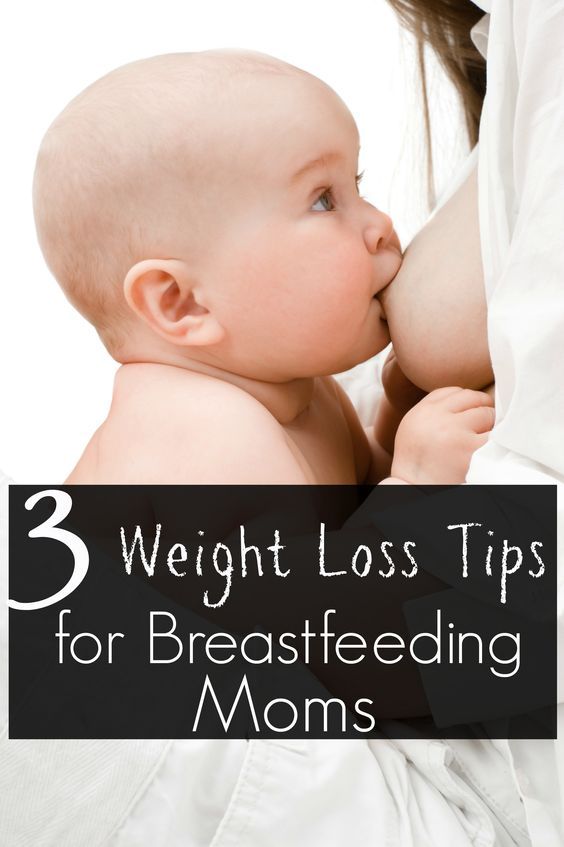 You’ll need to track what you’re eating each day and record how your baby is reacting. Some women go as far as tracking everything they eat while others only focus on the foods that are most likely to create problems listed above. Whatever you decide to do, just be consistent. It’s going to take a few weeks for this process to work, so you’ll need to stay organized and committed. In addition to recording your baby’s fussiness, keep notes on whether they’re crying or colicky, are bloated or suffering from constipation, are gassy, experiencing diarrhea, or have a red ring around the anus.
You’ll need to track what you’re eating each day and record how your baby is reacting. Some women go as far as tracking everything they eat while others only focus on the foods that are most likely to create problems listed above. Whatever you decide to do, just be consistent. It’s going to take a few weeks for this process to work, so you’ll need to stay organized and committed. In addition to recording your baby’s fussiness, keep notes on whether they’re crying or colicky, are bloated or suffering from constipation, are gassy, experiencing diarrhea, or have a red ring around the anus.
Step Two: Eliminate Foods
Next, you’ll need to go on an elimination diet for a few weeks. Start by eliminating one of the main foods that cause irritation and fussiness—dairy. Dairy is one of the most common foods that cause babies to get fussy. Abstain from eating any dairy (or at the very least any cow’s milk) for at least 10 to 14 days. Keep an eye on your baby to see if they are still fussy or if they start to calm down and the symptoms go away. If your baby is still picky, move on to the next food listed above and repeat the process. You’ll need to continue working down the most common foods that cause irritability until your baby’s symptoms go away. When they do, move on to step three.
If your baby is still picky, move on to the next food listed above and repeat the process. You’ll need to continue working down the most common foods that cause irritability until your baby’s symptoms go away. When they do, move on to step three.
Step Three: Test Your Results
After you’ve pinpointed the trigger food, it’s time to do a little home experiment to confirm. If all of your baby’s symptoms have subsided, reintroduce the food that you suspect as the cause of fussiness.If your baby starts showing symptoms of discomfort or fussiness within 24 hours of breastfeeding, that food was the culprit and you should remove it from your diet for now. As your baby grows and develops, their stomach will get stronger and adapt to a wider variety of foods. If you have any questions about this process, don’t hesitate to talk to your doctor first.
ConclusionBreastfeeding your baby is an excellent way to bond, but it means that whatever you consume, your baby consumes. To make sure they’re comfortable, you’ll need to make some adjustments to your healthy diet. Talk to your doctor if you’re concerned or have any questions about allergens. If you need a breast pump for your newborn, don’t forget that the Affordable Care Act means that expectant mothers are eligible to receive an electric breast pump covered by their insurance provider! Just head over to our home page and browse our selection.
To make sure they’re comfortable, you’ll need to make some adjustments to your healthy diet. Talk to your doctor if you’re concerned or have any questions about allergens. If you need a breast pump for your newborn, don’t forget that the Affordable Care Act means that expectant mothers are eligible to receive an electric breast pump covered by their insurance provider! Just head over to our home page and browse our selection.
If you’ve had a fussy baby while breastfeeding and tried any form of an elimination diet to pinpoint the source, head over to our Facebook page today and let us know what food was the culprit!
Foods to avoid when breastfeeding
Can what I eat upset my breastfed baby?
It's unlikely, though traces of what you eat do end up in your breastmilk (NHS 2016a). That's why it's good to have a healthy, balanced diet.
Your baby gets lots of micronutrients in her milk, and becomes used to a range of flavours (Cooke et al 2011, Hausner et al 2010, Habeat 2014).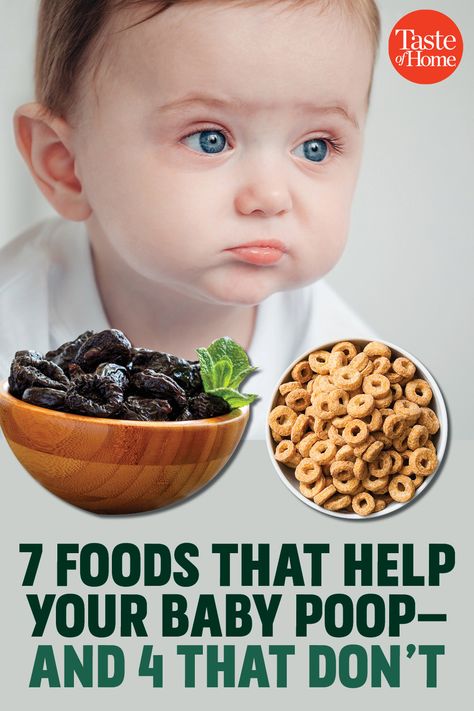 This will help her when she starts solid food, at about six months.
This will help her when she starts solid food, at about six months.
However, because what you eat affects your milk, it's natural to worry that something you've had has upset your baby, especially if she:
- has wind
- has changes to her poo
- is fussy or cries a lot, and not always in the late afternoon and early evening, the times associated with persistent crying, or colic
Which foods could be a problem if I'm breastfeeding?
These are the most common foods that breastfeeding mums worry about:
Dairy produce
Cow's milk protein allergy (CMPA) in breastfed babies is uncommon. Levels of cow's milk protein are 100,000 times lower in breastmilk than in cow’s milk (Breastfeeding Network 2017). CMPA is more common in formula-fed babies, because formula is made from cow's milk (Breastfeeding Network 2017).
Just one exclusively breastfed baby in 200 shows a reaction to cow's milk protein, with symptoms usually ranging from mild to moderate (NICE 2015).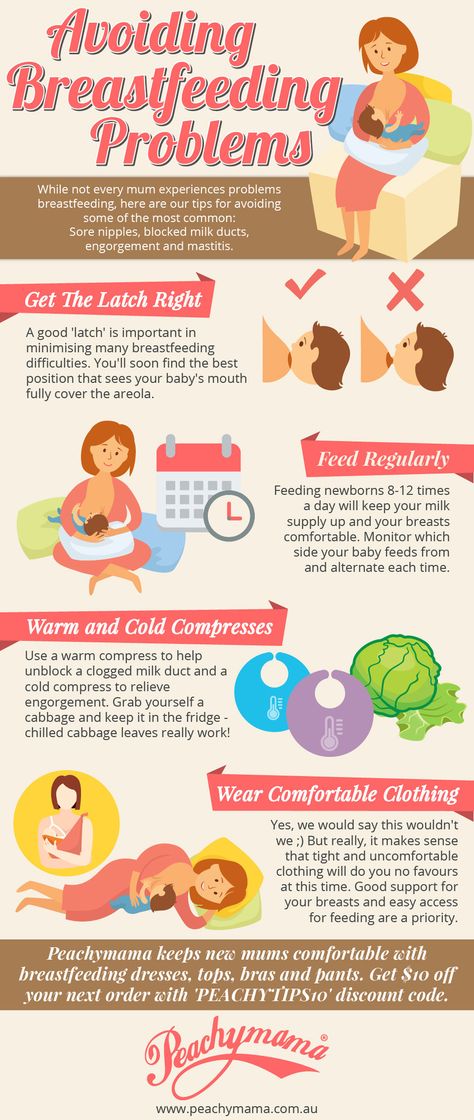 CMPA symptoms include:
CMPA symptoms include:
- eczema that doesn't go away with treatment
- tummy troubles, such as vomiting, diarrhoea or constipation
- slow weight gain
- a runny or blocked nose (Breastfeeding Network 2017, NHS 2016b)
If you suspect your baby is sensitive to traces of dairy foods in your breastmilk, take a note of her symptoms and see your doctor. Your doctor may suggest you cut out dairy products for between two weeks and six weeks before re-introducing them, to see if they're upsetting your baby (NICE 2015).
Your doctor may also refer your baby to an allergy specialist for a skin prick test or blood test to check for an allergy, especially if she's not feeding well (NICE 2015).
If your baby is found to have CMPA, your doctor will advise you to cut out dairy products for at least six months. She'll recommend that you take a daily supplement of 1000mg of calcium and 10 micrograms of vitamin D to keep you healthy (NICE 2015).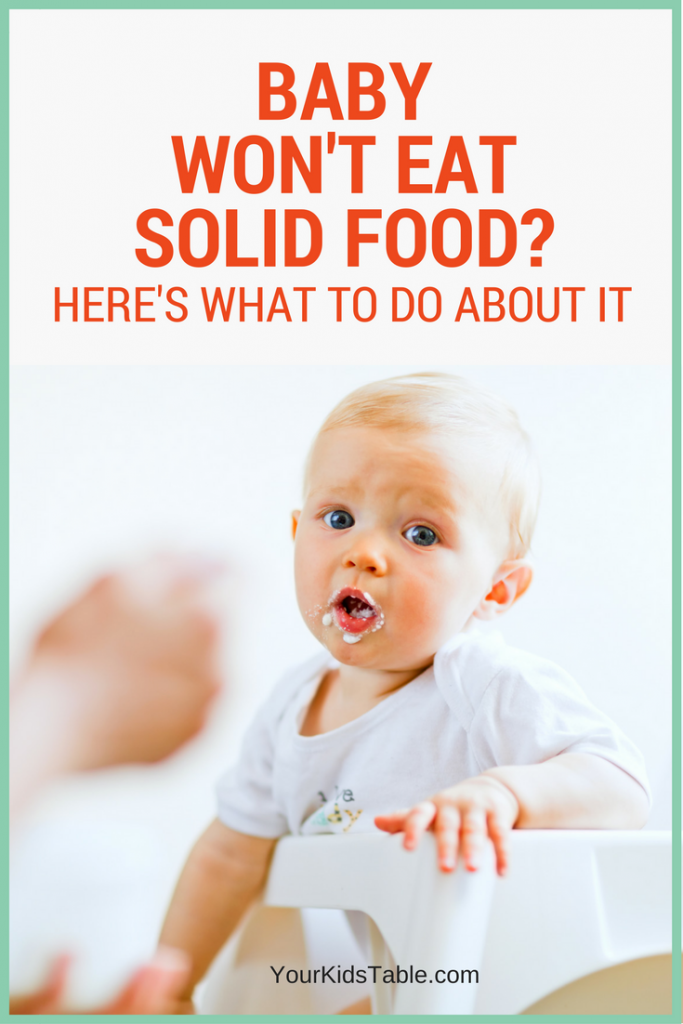
When it comes to weaning on to solid foods, your doctor or a dietitian can guide you about what to feed your baby if she has CMPA. A dietitian may suggest you avoid giving your baby diary produce before she's 12 months old (NICE 2015), or suggest a gradual introduction over time (iMAP 2018). Some babies grow out of their allergy by the time they're about a year old (NHS 2016b).
Is your baby feeding well?
How can you tell if your baby is thriving? A health visitor explains how to spot the signsMore breastfeeding videos
FODMAPs
Foods that are high in certain carbohydrates and sugars, called FODMAPs, can cause some people to have tummy pain or bloating (Altobelli et al 2017, Staudacher et al 2017). FODMAP stands for fermentable oligo, di- and mono-saccharrides and polyols (Monash University nd).
Examples of foods high in FODMAPs are:
- onion
- garlic
- cauliflower
- green peas
- mushrooms
- apples
- cherries
- mango
- peaches
- pulses
- wheat products
- dairy foods high in lactose (Monash University nd)
High-FODMAP foods are more likely to affect you if you already suffer from irritable bowel syndrome (IBS) (Altobelli et al 2017, Staudacher et al 2017).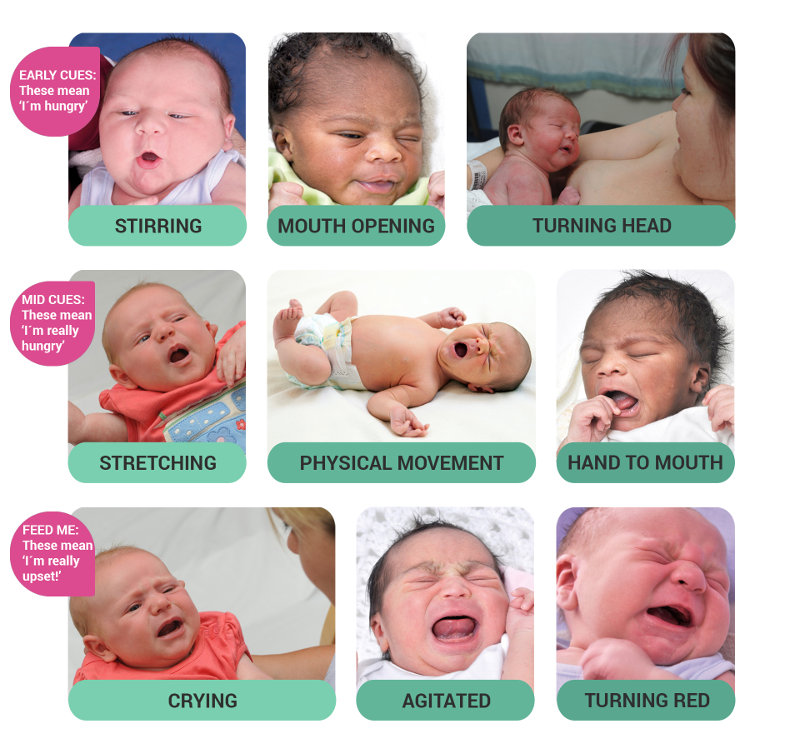
You may worry that eating bloating foods could make your baby grizzly and colicky (NICE 2017). However, it's hard to say whether high-FODMAP foods in your diet could affect your baby, because it's a new area of research.
High-FODMAP foods are healthy and good for you and your baby. Their micronutrients enrich your milk and benefit your baby (Ballard and Morrow 2013). It may be that babies need to be exposed to traces of both high-FODMAP and low-FODMAP foods to keep the microbes in their gut richly diverse and healthy. So it's best not to reduce the amount you have before speaking to a doctor or a dietitian.
Another reason not to change your diet except on medical advice is that there are many causes of tummy troubles or fussiness in babies. Guidance from NICE, the National Institute for Health and Care Excellence, says there's no need to change what you eat if you have a colicky baby (NICE 2017).
Which drinks could be a problem if I'm breastfeeding?
The drinks to be most careful about are those containing caffeine or alcohol (NHS 2016a, c, Bonyata 2018):
Caffeine
It's likely that if you have a lot of caffeine, it may reach your baby through your milk and make her restless and irritable (NHS nd, NHS 2016a).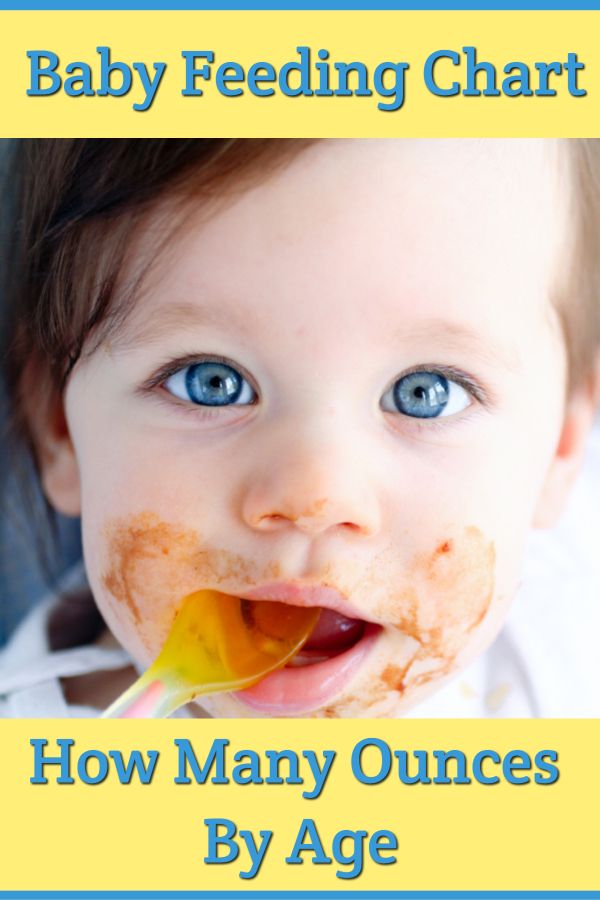 To protect your baby, try not to have more than 200mg of caffeine a day (EFSA 2015).
To protect your baby, try not to have more than 200mg of caffeine a day (EFSA 2015).
As a rough guide, you'll find 200mg of caffeine in two mugs of instant coffee, two mugs of tea, or one mug of filter coffee (COT 2012).
Read more about caffeine and breastfeeding.
Alcohol
It's unlikely to affect your baby if you have one or two units once or twice a week. If you regularly drink more than this there's a chance it may affect your baby's development (NHS 2016c).
Alcohol enters your bloodstream and then your breastmilk at different speeds, depending on your weight and whether you have it with food or on an empty stomach. The amount of alcohol in your blood usually peaks between 30 minutes and 90 minutes after you've had a drink (Breastfeeding Network 2017).
Try not to breastfeed your baby for between two hours and three hours after you've had a drink (Breastfeeding Network 2017). You could have some expressed milk ready, in case your baby wants a feed in the meantime (NHS 2016c).
Read more about alcohol and breastfeeding.
Which breastfeeding diet myths do I need to know about?
Gluten
There's no need to cut out foods that contain gluten proteins for the sake of your breastfed baby. Cereals, such as wheat, oats, rye and barley contain gluten. Your baby won't develop a sensitivity to gluten because there are traces of it in your milk (Garcia Larsen et al 2018, Kramer and Kakuma 2012).
Wholegrain cereals make up an important part of your diet, as they contain:
- fibre
- B vitamins and folic acid
- essential fatty acids (omega 3 fat)
- antioxidants including vitamin E and selenium
- micronutrients like copper, magnesium and zinc (BDA 2016, BNF 2018)
Peanuts
There's no need to avoid peanuts, unless you're allergic to them yourself (Garcia Larsen et al 2018, Kramer and Kakuma 2012).
You could be helping to reduce the risk of your baby developing a peanut allergy if you have them while you're breastfeeding (Pitt et al 2018). Proteins from peanuts are absorbed into your bloodstream and pass into your milk.
Proteins from peanuts are absorbed into your bloodstream and pass into your milk.
This is a gentle, safe way of introducing your baby's body to peanut protein. More research is needed in this area, but it's thought that when babies start solids, they may be better able to tolerate peanut-based foods if they've had traces of the protein via breastmilk (Pitt et al 2018).
You may also be interested in: Is it safe to eat spicy food when breastfeeding?
References
Altobelli E, Del Negro V, Angeletti PM, et al. 2017. Low-FODMAP Diet Improves Irritable Bowel Syndrome Symptoms: A Meta-Analysis. Nutrients 9(9) pii: E940. www.ncbi.nlm.nih.gov [Accessed April 2018]
Ballard O, Morrow AL. 2013. Human milk composition: nutrients and bioactive factors. Pediatr Clin North Am 60(1):49-74. www.ncbi.nlm.nih.gov [Accessed November 2018]
BDA. 2016. Food fact sheet: wholegrains. The British Dietetic Association. www.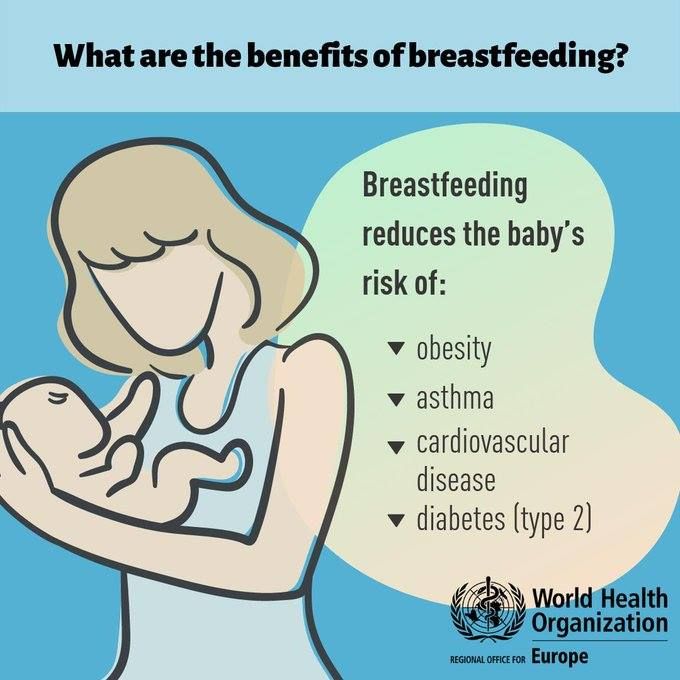 bda.uk.com [Accessed November 2018]
bda.uk.com [Accessed November 2018]
BNF. 2018. Minerals and trace elements. British Nutrition Foundation.
Breastfeeding Network. 2017. Alcohol and breastfeeding. breastfeedingnetwork.org.uk [Accessed November 2018]
Bonyata K. 2018. Do breastfeeding mothers need extra calories or fluids? www.kellymom.com [Accessed November 2018]
Cooke L, Fildes A. 2011. The impact of flavour exposure in utero and during milk feeding on food acceptance at weaning and beyond. Appetite 57(3):808-11
COT. 2012. Overarching statement on risks of chemical toxicity and allergic disease in relation to infant diet. Committee on toxicity of chemicals in food, consumer products and the environment. cot.food.gov.uk [Accessed November 2018]
EFSA. 2015. European Food Safety Authority: Scientific opinion on the safety of caffeine. EFSA Journal 13(5):4102. efsa.onlinelibrary.wiley.com [Accessed November 2018]
Garcia-Larsen V, Ierodiakonou D, Jarrold K, et al.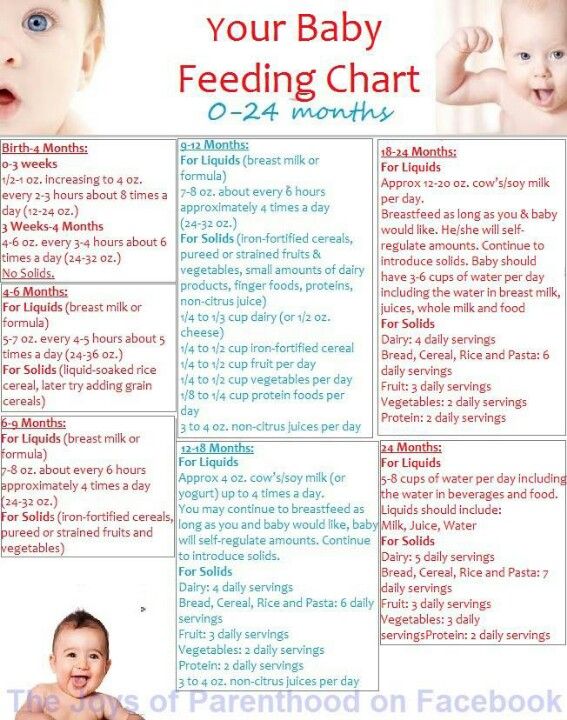 2018. Diet during pregnancy and infancy and risk of allergic or autoimmune disease: A systematic review and meta-analysis. PLoS Med 15(2):e1002507. www.ncbi.nlm.nih.gov [Accessed November 2018]
2018. Diet during pregnancy and infancy and risk of allergic or autoimmune disease: A systematic review and meta-analysis. PLoS Med 15(2):e1002507. www.ncbi.nlm.nih.gov [Accessed November 2018]
Goran M, Martin AA, Alderete TL, et al. 2017. Fructose in breastmilk is positively associated with infant body composition at 6 months of age Nutrients 9(2):146
Habeat. 2014. Vegetables and fruit: help your child to like them. A guide for parents of young children. HabEat Project. www.habeat.eu [Accessed November 2018]
Hausner H, Nicklaus S, Issanchou S, et al. 2010. Breastfeeding facilitates acceptance of a novel dietary flavour compound. Clin Nutr 29(1):141-8
Kramer MS, Kakuma R. 2012. Maternal dietary antigen avoidance during pregnancy or lactation, or both, for preventing or treating atopic disease in the child. Cochrane Database of Systematic Reviews (9): CD000133. cochranelibrary-wiley.com [Accessed November 2018]
Mayo Clinic. 2017.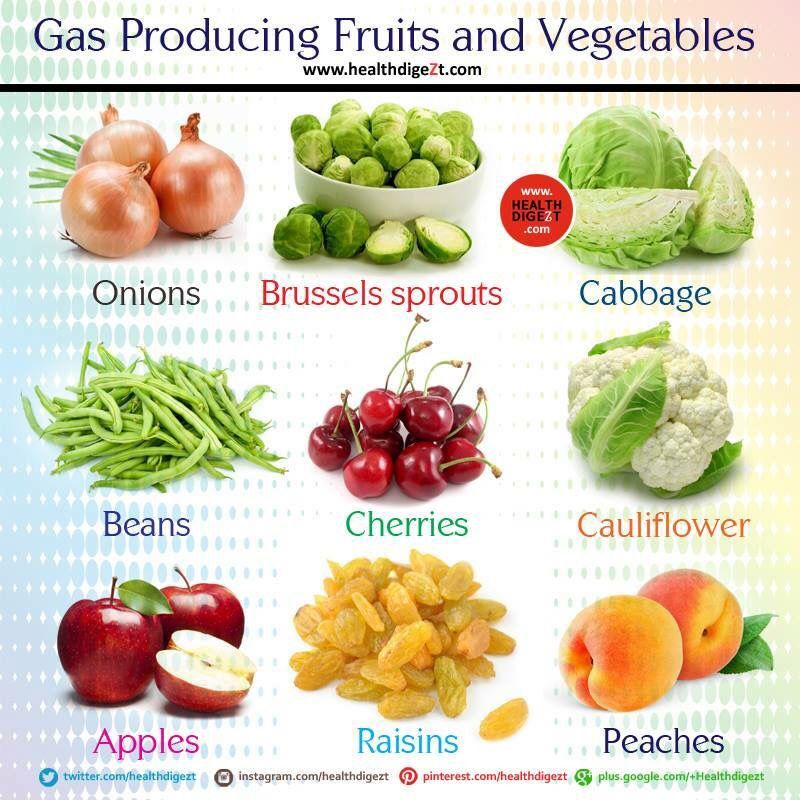 Caffeine content for coffee, tea, soda and more. www.mayoclinic.org [Accessed November 2018]
Caffeine content for coffee, tea, soda and more. www.mayoclinic.org [Accessed November 2018]
Monash University. nd. Starting the low FODMAP diet. www.monashfodmap.com [Accessed November 2018]
NHS. 2016a. Breastfeeding and diet. NHS Choices, Health A-Z. www.nhs.uk [Accessed November 2018]
NHS. 2016b. What should I do if I think my baby is allergic or intolerant to cows' milk? NHS Choices, Health A-Z. www.nhs.uk [Accessed November 2018]
NHS. 2016c. Breastfeeding and drinking alchohol NHS Choices. www.nhs.uk [Accessed November 2018]
NHS. nd. Foods to avoid: which foods (and drinks) should I avoid while breastfeeding? NHS, Start 4 Life. www.nhs.uk [Accessed November 2018]
NICE. 2015. Cow’s milk protein allergy in children. National Institute for Health and Clinical Excellence, Clinical Knowledge Summaries. cks.nice.org.uk [Accessed November 2018]
NICE. 2017. Colic: infantile. National Institute for Health and Care Excellence, Clinical Knowledge Summaries. cks.nice.org.uk [Accessed November 2018]
cks.nice.org.uk [Accessed November 2018]
Pitt TJ, Becker AB, Chan-Yeung M, et al. 2018. Reduced risk of peanut sensitization following exposure through breast-feeding and early peanut introduction. J Allergy Clin Immunol 141(2):620-625.e1. www.jacionline.org [Accessed November 2018]
Staudacher HM, Lomer MCE, Farquharson FM. 2017. A Diet Low in FODMAPs Reduces Symptoms in Patients With Irritable Bowel Syndrome and A Probiotic Restores Bifidobacterium Species: A Randomized Controlled Trial. Gastroenterology 153(4):936-947. www.ncbi.nlm.nih.gov [Accessed November 2018]
Show references Hide references
What to eat while breastfeeding | Breastfeeding Diet
You know that breast milk is the best food for your baby. What about your own nutrition while breastfeeding? We asked the nutritionist a few questions about the nutrition of a nursing mother.
Share this information
Priya Tew, UK-based registered dietitian :
Priya is a nutritionist, M.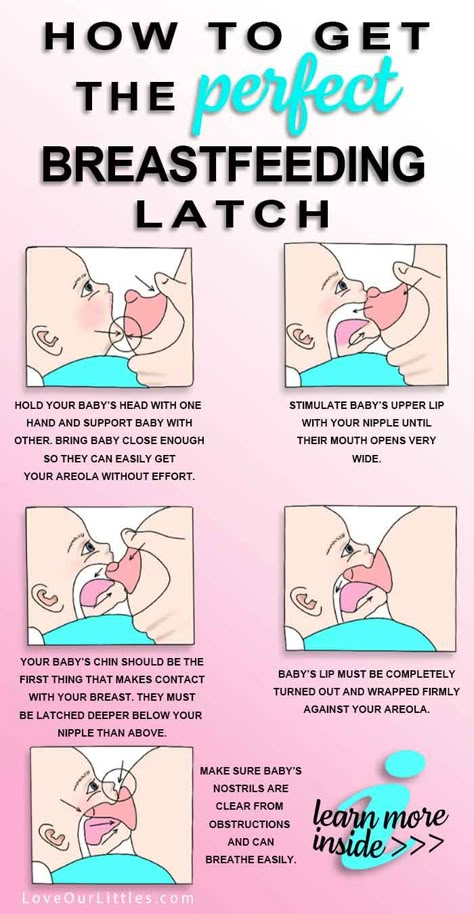 D., multi-award winning member of the British Dietetic Association and the Health Professions Council. She has three children, and she breastfed each of them for up to 18 months.
D., multi-award winning member of the British Dietetic Association and the Health Professions Council. She has three children, and she breastfed each of them for up to 18 months.
During breastfeeding, there is no need to follow a special diet, the main thing is that your diet is balanced. It should include plenty of fruits and vegetables, whole grains such as oats, brown rice, various cereals, and breads labeled "whole grain", "wholemeal" or "wholemeal". These foods, along with potatoes, pasta, and couscous, are high in starch, an important source of energy.
In addition, you need lean proteins found in chicken, eggs, legumes, lentils, fish, and lean beef, as well as healthy fats found in olive oil, nuts, seeds, avocados, and fatty fish such as salmon and mackerel. Oily fish is very good for your health and development of your baby, but you should not eat more than two servings per week (about 140 g), as it may contain harmful impurities. 1
Should I take vitamins while breastfeeding?
The most important is vitamin D. It is essential for healthy bones, you and your baby. We get most of this vitamin from the sun. If you live in a region with insufficient solar activity, especially in winter, your body may lack it. In this case, the doctor may advise taking vitamin D supplements. 2
It is essential for healthy bones, you and your baby. We get most of this vitamin from the sun. If you live in a region with insufficient solar activity, especially in winter, your body may lack it. In this case, the doctor may advise taking vitamin D supplements. 2
You also need to get enough calcium, as it is excreted from the body during breastfeeding. 3 Try to eat four servings of foods rich in this mineral a day. These can be dairy products such as milk, yogurt, and cheese, or non-dairy products such as nuts, tofu, sesame seeds, and leafy vegetables. One serving may consist of, for example, half a cup of green vegetables or a small piece of cheese (50 g).
What foods should I avoid while breastfeeding?
The good news is that you can eat almost anything while breastfeeding. Only the consumption of oily fish should be limited. In small quantities, even caffeine is acceptable - more on this below.
If you are not allergic to peanuts, there is no reason to deny yourself products that contain peanuts.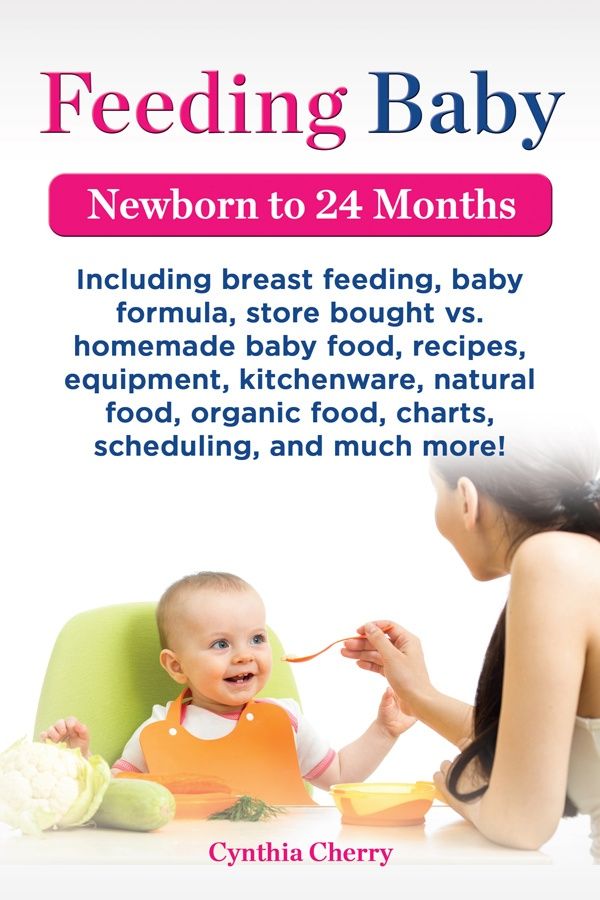 Recent studies show that if you eat peanuts while breastfeeding and gradually introduce them into your baby's diet during the first year, your baby will be less likely to become allergic to them in the future. 4
Recent studies show that if you eat peanuts while breastfeeding and gradually introduce them into your baby's diet during the first year, your baby will be less likely to become allergic to them in the future. 4
Are extra calories needed while breastfeeding?
Breastfeeding mothers need about 500 more calories per day. 5 But every mother is unique and your energy needs will change throughout your breastfeeding period. The number of calories you need depends on your baby's age, appetite, height, and weight, as well as your body mass index (BMI), your activity, and factors such as whether you are exclusively breastfeeding or not, and whether you are breastfeeding twins or multiple babies.
Can I go on a diet while breastfeeding?
Trying to lose weight while breastfeeding is not a good idea because you need to get enough nutrients for you and your baby. The fat accumulated during pregnancy is used to produce milk, so breastfeeding in itself will help you shed those extra pounds.
If your weight changes by more than 1 kg per week, check if you are eating a healthy and balanced diet and adjust if necessary. You can also ask your doctor for advice.
How can I find time to prepare healthy meals?
Having devoted yourself to feeding a child, you can forget about your own nutrition. However, it is important to ensure that your diet does not consist only of sweets and cookies. Of course, sweet snacks are easy and quick, but they do not bring any benefit to your body.
Opt for quick yet nutritious meals like scrambled eggs with spinach or fried chicken with brown rice. Oatmeal is great for breakfast, as it provides a slow release of energy from grains and soluble dietary fiber, which is what you need to restore strength in the morning after a night of breastfeeding.
Store pre-cut fruits and vegetables in the refrigerator for light snacks, or carry unsalted nuts in your bag. It's much easier than peeling tangerines with one hand while holding a baby with the other.
Should I drink more water while breastfeeding?
Breastfeeding can make you thirsty, so it's important to drink enough water. A person needs six to eight glasses of fluid a day, and even more if breastfeeding. 6 Make it a habit to drink a glass of water, milk or fruit juice without sugar every time you feed your baby.
I love coffee. Do I need to quit caffeine?
Coffee, like everything you eat or drink, passes into your breast milk, so it is advisable to limit your intake while breastfeeding. Legal coffee limits vary by country, but the average recommendation is not to exceed 200-300 mg of caffeine per day (300 mg is equivalent to two cups of filtered coffee or four cups of tea). Talk to your doctor about the acceptable amount of coffee consumption for you. Also, don't forget that caffeine is found in cola and energy drinks, and a small bar of dark chocolate can contain up to 50 mg. 7
If I eat a varied diet, will my baby be less picky?
Breast milk has the flavor of everything you eat.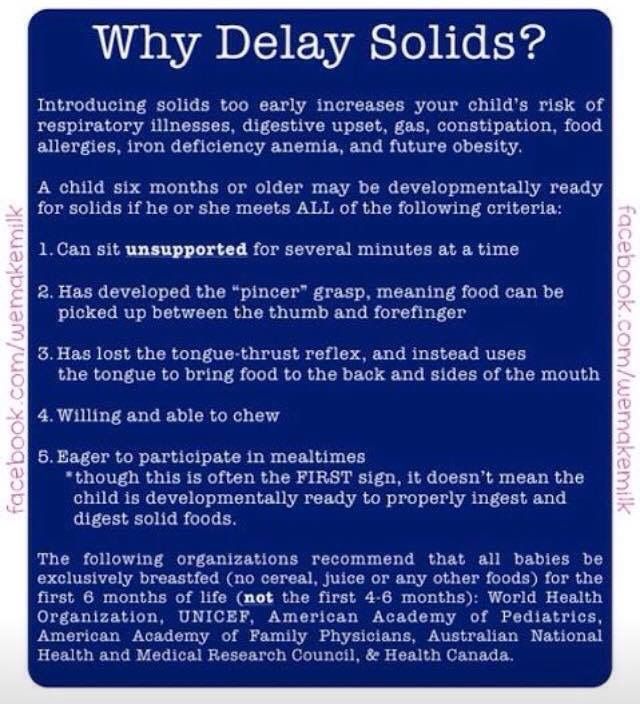 8 Therefore, if you eat a variety of foods during breastfeeding, giving your baby different tastes to try, he may like them in the future.
8 Therefore, if you eat a variety of foods during breastfeeding, giving your baby different tastes to try, he may like them in the future.
If you like spicy and spicy foods, there is no reason to refuse them while breastfeeding. When my first child was born, I ate a lot of spicy food. When my daughter was two years old, we went to Sri Lanka, coincidence or not, but she ate absolutely everything.
Can something in my diet not be suitable for a child?
At an early age, babies often suffer from colic or are picky eaters, so mothers naturally wonder if their diet is causing this. Most likely no. Studies show that the proportion of children who are allergic to any component of breast milk is only slightly more than 1%. 9 Cow's milk, eggs, corn, and soy proteins in moms' diets are much more likely to cause allergic reactions than spicy foods, hot sauces, or cruciferous vegetables, which moms usually worry about.
If your baby is allergic to substances in your milk, it can cause profuse vomiting, rash, bloody stools, or prolonged constipation.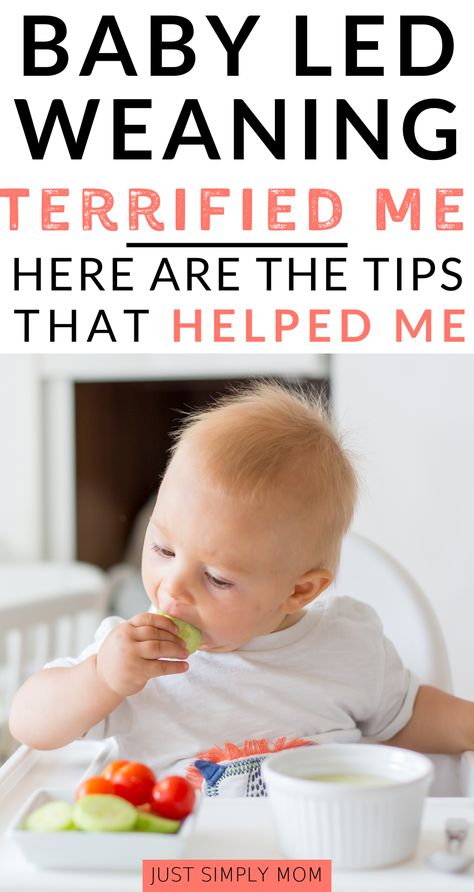 If your baby has an intolerance to any food, you will notice symptoms such as moodiness and crying after feeding, burping, diarrhea, or the baby will press his knees to his chest. Contact your doctor if something is bothering you. He may suggest eliminating certain foods for a couple of weeks, and then see if the child's behavior changes after eating them again.
If your baby has an intolerance to any food, you will notice symptoms such as moodiness and crying after feeding, burping, diarrhea, or the baby will press his knees to his chest. Contact your doctor if something is bothering you. He may suggest eliminating certain foods for a couple of weeks, and then see if the child's behavior changes after eating them again.
You can also keep a food diary: write down everything you eat and drink, as well as your child's symptoms, and you may notice some patterns. However, before cutting out any foods, such as dairy, always check with your doctor, as it's important to know that you're getting the nutrients you need from other sources. Depending on where you live, you will be referred to a nutritionist or other specialist.
Does a vegetarian diet affect breast milk?
If you are getting enough calories and all the nutrients your body needs (carbohydrates, proteins, fats, vitamins and minerals), then you have nothing to worry about.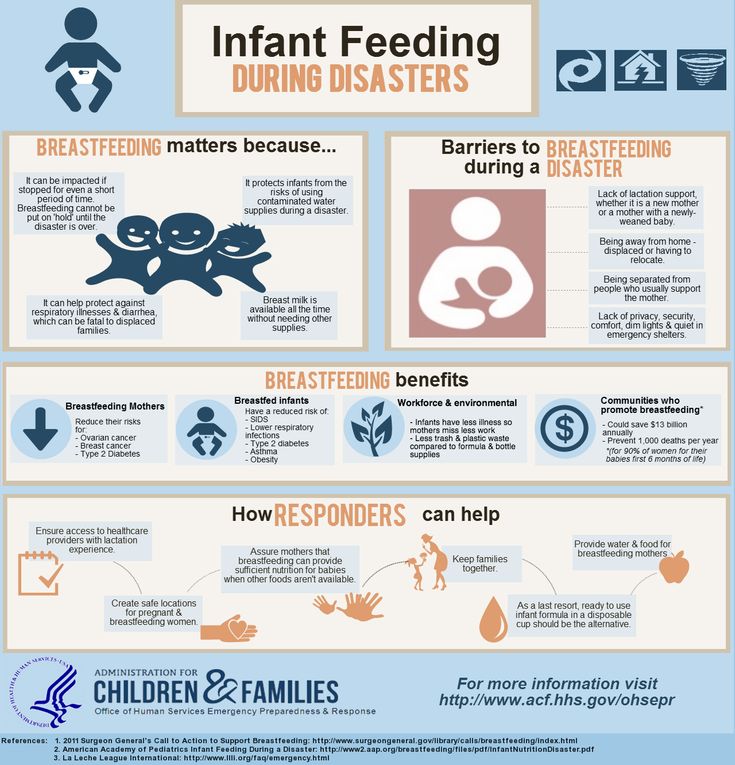 A vegetarian or vegan diet requires plenty of vitamin B12, vitamin D, calcium, and omega-3 fatty acids while breastfeeding, so opt for foods and supplements that provide you with these essential nutrients.
A vegetarian or vegan diet requires plenty of vitamin B12, vitamin D, calcium, and omega-3 fatty acids while breastfeeding, so opt for foods and supplements that provide you with these essential nutrients.
If you are on a vegetarian, vegan, macrobiotic, or other special diet, you may need additional medical advice to make sure you are getting all the nutrients your baby needs.
Literature
1 National Health Service (NHS) [Internet]. Burnley, UK: Department of Health; 2018. Should pregnant and breastfeeding women avoid some types of fish?; 2015 Jul 06 [cited 2018 Apr 12]; Available from: https://www.nhs.uk/chq/Pages/should-pregnant-and-breastfeeding-women-avoid-some-types-of-fish.aspx - National Health Service (NHS) [Internet]. Burnley, UK: Department of Health; 2018. "Should a pregnant and lactating woman refrain from eating certain types of fish?"; July 6, 2015 [cited April 12, 2018]; See article on site https://www.nhs.uk/chq/Pages/should-pregnant-and-breastfeeding-women-avoid-some-types-of-fish.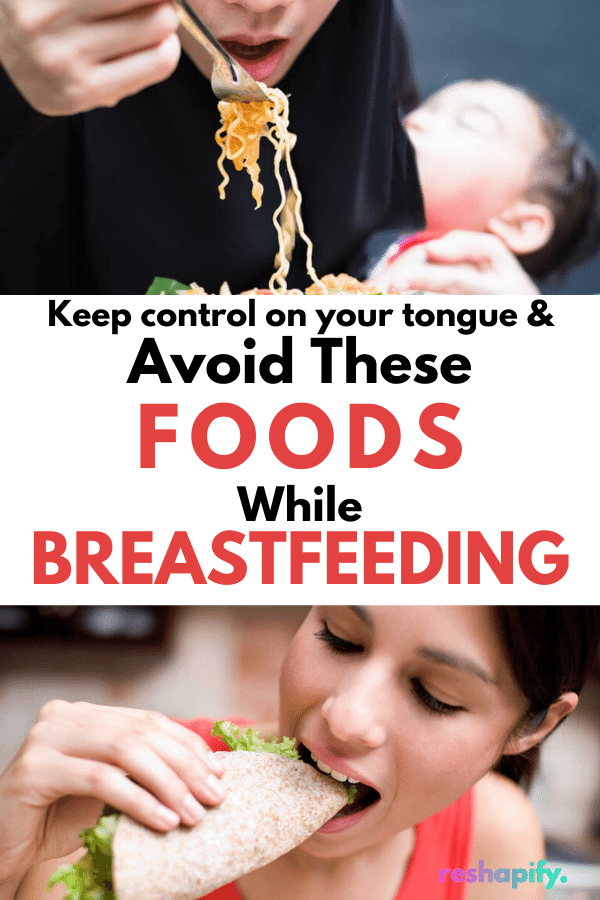 aspx
aspx
2 Oberhelman SS et al. Maternal vitamin D supplementation to improve the vitamin D status of breast-fed infants: a randomized controlled trial. Mayo Clin Proc. 2013;88(12):1378–1387. - Oberhelman S.S. et al., Introduction of Vitamin D to the Diet of Nursing Mothers to Increase Vitamin D in children: a randomized controlled trial. Mayo Klin Prok. 2013;88(12):1378–1387. : effects on the mother and the fetus. Am J Obstet Gynecol. 2006;194(4):937-945. - Thomas M., Weisman S. M., "Calcium supplementation during pregnancy and lactation: effects on the mother and on the fetus". Am J Obstet Ginekol (American Journal of Obstetrics and Gynecology). 2006;194(4):937-945.
4 Pitt et al Reduced risk of peanut sensitization following exposure through breast-feeding and early peanut introduction.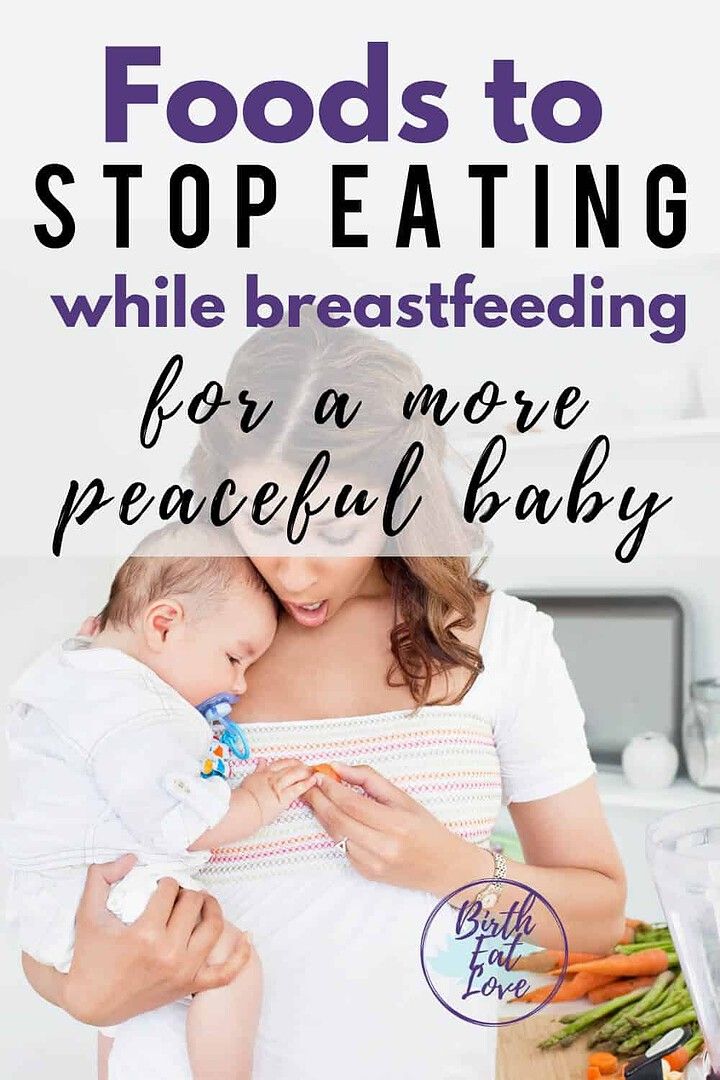 J Allergy Clinic Immunol. 2018;141(2):620-625. e 1 - Pitt et al., "Reducing the Risk of Peanut Allergy by Introducing Peanuts into the Breastfeeding Mother's Diet and as a Baby's First Food." G Allergy Clean Immunol. 2018;141(2):620-625.e1
J Allergy Clinic Immunol. 2018;141(2):620-625. e 1 - Pitt et al., "Reducing the Risk of Peanut Allergy by Introducing Peanuts into the Breastfeeding Mother's Diet and as a Baby's First Food." G Allergy Clean Immunol. 2018;141(2):620-625.e1
5 Dewey KG. Energy and protein requirements during lactation. Annu Rev Nutr. 1997 Jul;17(1):19-36. - Dewey K. J., "Energy and Protein Requirements During Lactation". Anna Rev Nutr . 1997 Jul;17(1):19-36.
6 Food Standards Agency (FSA) [Internet]. London, UK: Crown copyright 2002. Eating for breastfeeding; [cited 2018 Apr 13]; Available from: https://www.food.gov.uk - Food Standards Agency (FSA) [Internet]. London, UK: State Copyright 2002. "Eat to feed" [cited April 13, 2018]. See article on https://www.food.gov.uk
7 National Health Service (NHS) [Internet].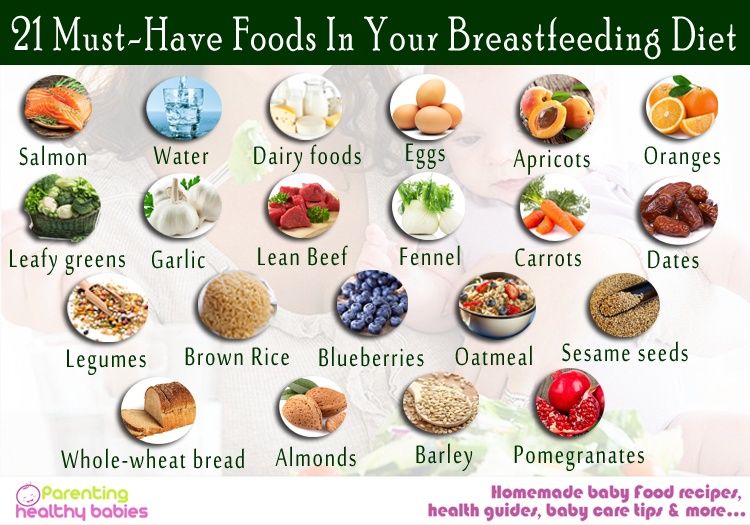 Burnley, UK: Department of Health; 2018. Breastfeeding and diet; 2016 Jan 29 [cited 2018 Apr 12]; Available from: https://www.nhs.uk/conditions/pregnancy-and-baby/breastfeeding-diet - National Health Service (NHS) [Internet]. Burnley, UK: Department of Health 2018. Breastfeeding and Diet; 29 January 2016 [cited 12 April 2018] See article at https://www.nhs.uk/conditions/pregnancy -and-baby/breastfeeding-diet
Burnley, UK: Department of Health; 2018. Breastfeeding and diet; 2016 Jan 29 [cited 2018 Apr 12]; Available from: https://www.nhs.uk/conditions/pregnancy-and-baby/breastfeeding-diet - National Health Service (NHS) [Internet]. Burnley, UK: Department of Health 2018. Breastfeeding and Diet; 29 January 2016 [cited 12 April 2018] See article at https://www.nhs.uk/conditions/pregnancy -and-baby/breastfeeding-diet
8 Mennella JA et al. A. et al., Prenatal and postnatal recognition of odors in children. Pediatrix (Pediatrics). 2001;107(6):e88.
9 Academy of Breastfeeding Medicine. ABM clinical protocol# 24: allergic proctocolitis in the exclusively breastfed infant. Breastfeed Med . 2011;6(6). - Academy of Breastfeeding Medicine. "AVM Clinical Protocol #24: Allergic Proctocolitis in an Exclusively Breastfed Child". Brestfeed Med (Breastfeeding Medicine). 2011;6(6).
Breastfeeding food list: Foods allowed for breastfeeding
Published: 01/15/2023
Reading time:
5295
Every mother wants her baby to grow up healthy. This is why breastfeeding is so important from the moment the baby is born. Mother's milk contains all the useful substances, vitamins and trace elements necessary for a newborn. During breastfeeding, it is very important that the mother's diet is rational, varied and balanced.
This is why breastfeeding is so important from the moment the baby is born. Mother's milk contains all the useful substances, vitamins and trace elements necessary for a newborn. During breastfeeding, it is very important that the mother's diet is rational, varied and balanced.
Why breastfeeding is beneficial
First of all, it is worth noting all the benefits that breastfeeding gives to a newborn. The point is in the composition and other features of mother's milk:
- It always has the optimal temperature.
- It contains all the necessary nutrients, vitamins and trace elements.
- It is able to adapt to the needs of the child, changing the composition and nutritional value over time, as E. Komarovsky writes about this in "The Beginning of Your Child's Life".
As a result, the child receives a product that is right for him. Of course, it is worth talking about safety only when the mother adheres to the appropriate diet.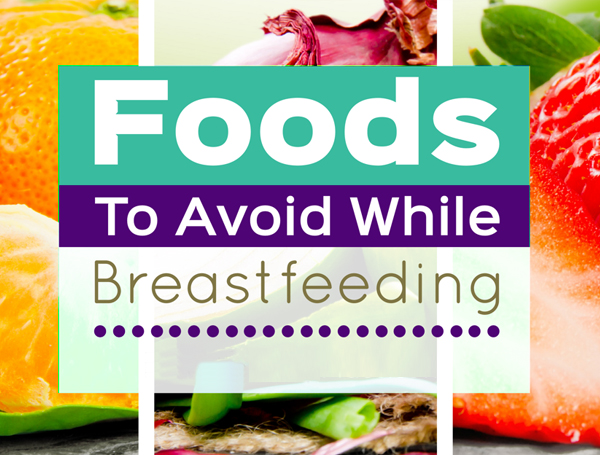 It should be remembered that food molecules eaten by a woman with breast milk enter the baby's body.
It should be remembered that food molecules eaten by a woman with breast milk enter the baby's body.
Why proper nutrition is important during breastfeeding
As mentioned above, everything that a mother eats enters the baby's body with breast milk. This brings great benefits for the health, full growth and development of the baby and the prevention of allergic diseases in the future. However, it can also harm him, cause digestive problems and an allergic reaction, because the gastrointestinal tract of the newborn is still being formed. Proper nutrition is a guarantee that the child will receive only useful things from the mother, which will help him fully grow and develop to the delight of his parents. Dr. Komarovsky recommends excluding from the mother's diet what was not in the diet of her great-grandmother.
What determines the quantity and quality of mother's milk
For obvious reasons, a young mother cannot help being nervous, but it is in her power to build her own daily routine.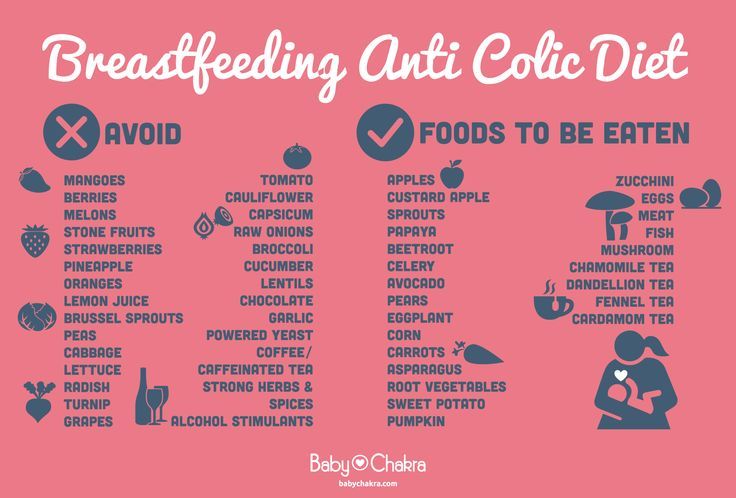 It is recommended to devote more time to rest: the more time a woman allows herself to sleep and refuse to perform heavy household chores, the better she feels. And her good health is the key to the health of the baby, who will receive all the necessary substances from the breast milk of a calm and well-rested mother. So, you can safely connect your husband to household duties (yes, he works, but motherhood is also hard work, which, by the way, is still not paid), relatives, friends or hired nannies and cleaners. A woman cannot feed properly if she does not have the opportunity to get enough sleep and do other things (we are not talking about cleaning and cooking, but about hobbies and cultural activities).
It is recommended to devote more time to rest: the more time a woman allows herself to sleep and refuse to perform heavy household chores, the better she feels. And her good health is the key to the health of the baby, who will receive all the necessary substances from the breast milk of a calm and well-rested mother. So, you can safely connect your husband to household duties (yes, he works, but motherhood is also hard work, which, by the way, is still not paid), relatives, friends or hired nannies and cleaners. A woman cannot feed properly if she does not have the opportunity to get enough sleep and do other things (we are not talking about cleaning and cooking, but about hobbies and cultural activities).
What not to eat while breastfeeding
Consider separately breastfeeding foods that need to be limited or eliminated. These include:
- non-thermally processed products of animal origin - raw and undercooked meat (barbecue, etc.
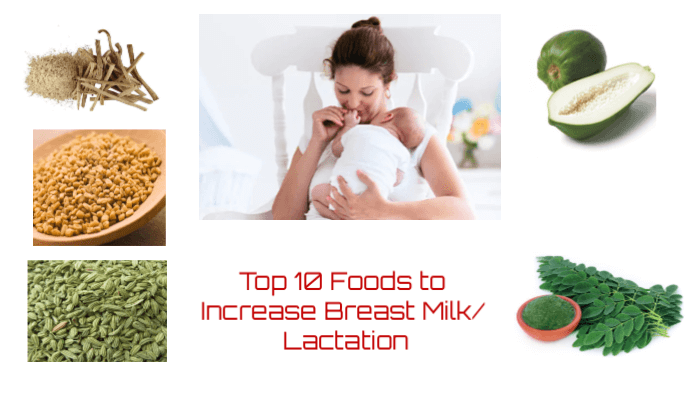 ), fish, sushi, unpasteurized milk, raw eggs
), fish, sushi, unpasteurized milk, raw eggs - any alcoholic beverages
- concentrated broths, canned food, pickles, marinades , sausages, hot spices and seasonings
- strong tea and coffee (safe amount of caffeine up to 200 mg per day, a cup of coffee can contain 60-150 mg of caffeine, and tea - 30-60 mg)
Why are they dangerous? Everyone knows about the dangers of alcohol: it causes irreparable damage to health and destroys the organs of even an adult, and even more so a small child. Coffee and strong brewed tea contain caffeine, which, on the contrary, penetrates well into breast milk and has a stimulating effect on the nervous system of the baby.
Products recommended for consumption
Allowed products for breastfeeding are vegetables, fruits (with caution tropical) cereals, lean meat, lean soups, cheese, boiled and baked fish. What is their use?
- Vegetables. In the first weeks it is recommended to eat raw vegetables with caution, it is better if they are boiled or stewed.
Even heat-treated, they are a source of vitamins and have a beneficial effect on the intestines.
- Porridges are very satisfying and healthy, because a nursing mother needs a lot of energy! They contain slow carbohydrates, the necessary protein, vitamins and a whole range of minerals and trace elements.
- Lean meat is boiled or baked beef, veal, rabbit. Meat as a source of protein helps the body cope with stress, provides energy. A mother who is breastfeeding must definitely consume 100 g of meat per day.
- Low fat soups. In the first months of a baby's life, it is recommended to cook vegetable soups with beef or lean pork broth. They must be present in the diet of a nursing mother due to the presence of proteins, iron, amino acids and trace elements in them.
- Cheese. This product contains the calcium that both mother and growing baby need.
- Boiled and baked fish.

